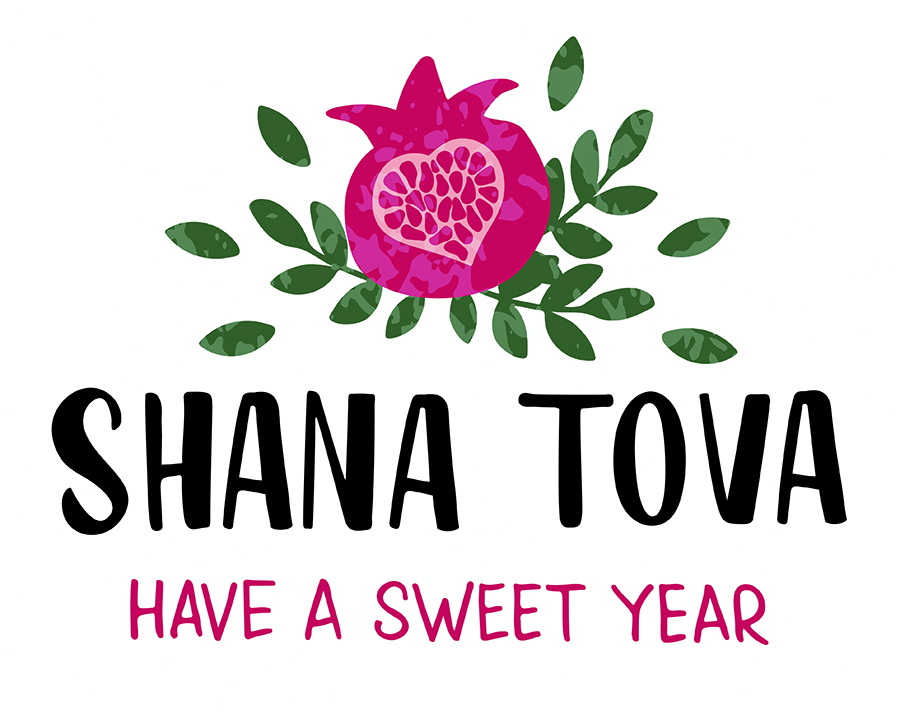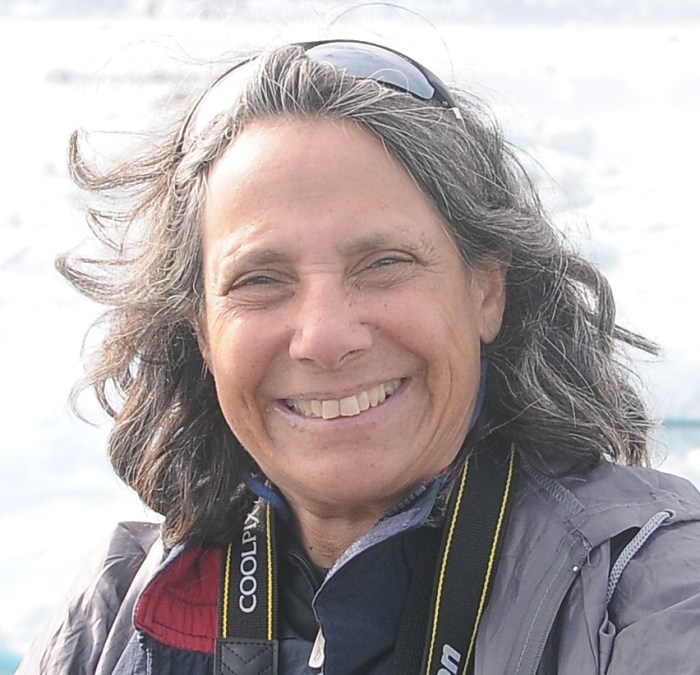
By Rabbi Moshie Weisblum
As the Jewish High Holidays approach, synagogues worldwide, such as Congregation Beth Tikvah in Wantagh—a community comprised of four former congregations—prepare to reflect upon life’s lessons learned this past year.
Rosh Hashanah is the beginning of the Jewish new year. All the year’s past events are recalled as individuals pray and look towards introspection and self-service. This is a renaissance time of renewal and contemplation, both personally and as a nation. We are given a golden opportunity to start over, but also have an obligation to look back with humility.
This year, Rosh Hashana begins on Sunday, Sept. 29 at sundown and will last through Tuesday, Oct. 1.
It is a time to meet and greet a lot of people. Many people come together and attend the meaningful celebration. Children will also be attending our unique, highly inspiring services and be given treats. A traditional horn, the Shofar, is blown to “wake up the hearts” of individuals.
The Shofar is created by hollowing out a ram’s horn and is the world’s oldest wind instrument. Sounding the Shofar is one of the most ancient rites in the Rosh Hashanah services. The sound of it is primitive and piercing, intended to rouse worshippers from their spiritual slumber and serve as a clarion call to repent and reconnect with our faith, our family and our creator.
At the end of the 10-day period of Rosh Hashana (known as the Days of Awe) comes Yom Kippur, the Day of Atonement, the holiest day of the year in Judaism. The central themes of this holiday, which begins on Oct. 8 this year, are prayer, atonement and repentance.
 We believe that Rosh Hashanah is the Day of Judgment. The Book of Life is opened on Rosh Hashanah, and will remain so until the end of Yom Kippur. During this festive and sacred time, Jews in Israel, the United States and all around the globe will ask forgiveness from family, friends and neighbors for the ways we’ve all fallen short. Mainly, we will pray more seriously and ask the almighty for that which only he can give: His compassion, mercy, love and his will to inscribe us all for a good year.
We believe that Rosh Hashanah is the Day of Judgment. The Book of Life is opened on Rosh Hashanah, and will remain so until the end of Yom Kippur. During this festive and sacred time, Jews in Israel, the United States and all around the globe will ask forgiveness from family, friends and neighbors for the ways we’ve all fallen short. Mainly, we will pray more seriously and ask the almighty for that which only he can give: His compassion, mercy, love and his will to inscribe us all for a good year.
Just as important, the Days of Awe (the days in between the two holidays) are a time to ask of ourselves something only we can control: the strength to do better. To be better. To make the world we live in a kinder, more peaceful place. To hear in the holy Shofar blast a call from within to change and do Tikkun Olam, know as repairing the world.
This means asking ourselves if we could be doing more to help those who are hungry or in need of shelter, and if we could be doing more to build a brighter future where no one is left out or left behind.
Many of the complex challenges we face as individuals and as a nation are dismaying—how lucky that we don’t have to face them alone. Together, we are stronger, and if we commit to work in good faith with one another, we can build a better world for us and for future generations.
As our creator judges us in the heavens, we extend forgiveness to all around us and especially to ourselves, in hopes that he will see fit to grant us forgiveness as well.
During this time, everyone pledges to be a better person by bringing more graciousness and peace to the world, by increasing our acts of kindness.
Rosh Hashanah introduces new possibilities and opportunities. It is both festive and sacred, worldly and spiritual, individual and collective. Time for those long awaited changes that will increase our faith, gratitude and happiness.
Shana Tova.































